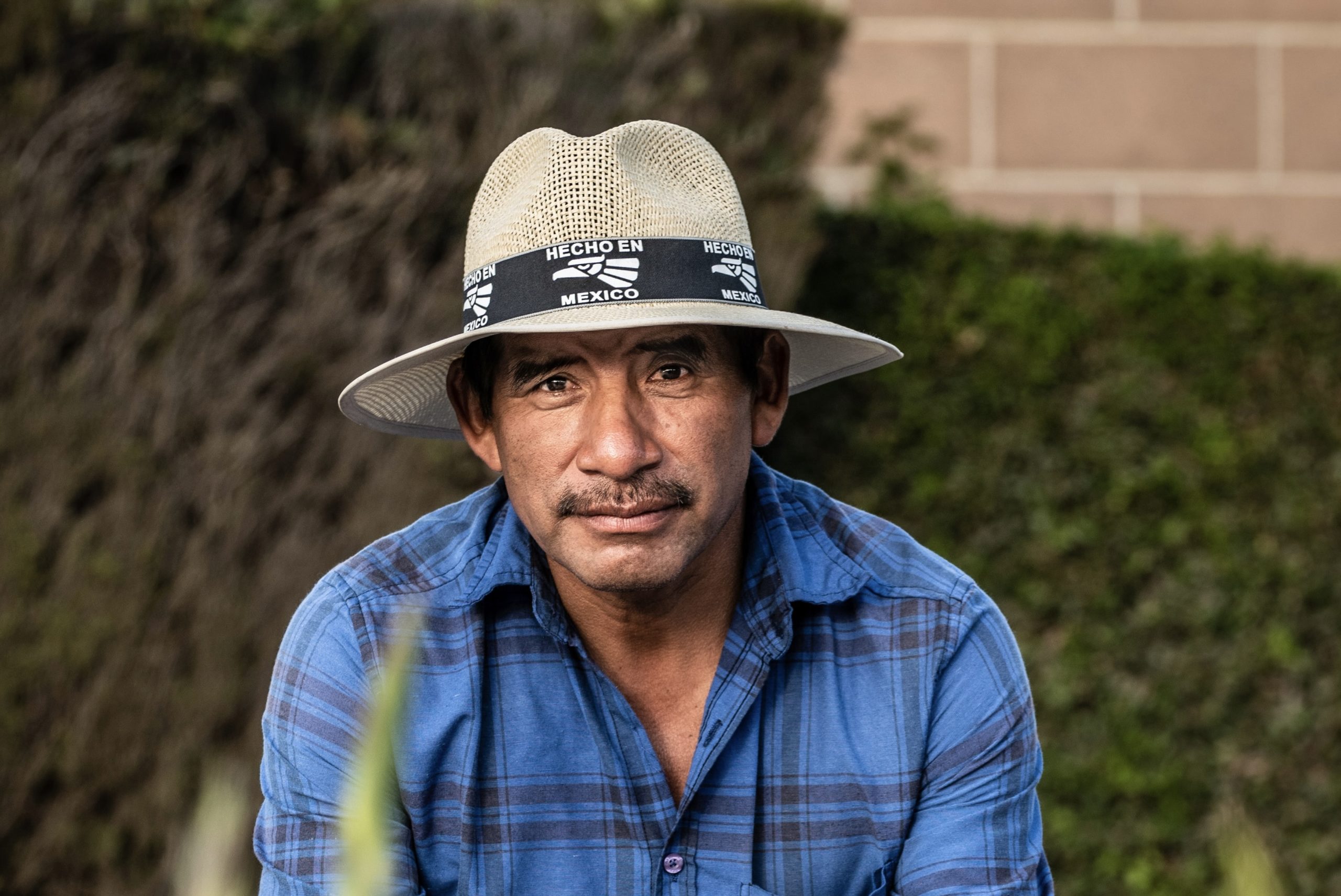On Fridays we bring you the week’s best from around the web. This week’s collection features advice and reflections on how to live life well.
1. A Life Beyond ‘Doing What You Love’: In today’s culture of self-fulfillment, we expect to do what we love or what brings us meaning. Gordon Marino reminds us that:
Our desires should not be the ultimate arbiters of vocation. Sometimes we should do what we hate, or what most needs doing, and do it as best we can.
2. How to Do Unemployment Well: Most of us have spent time in between jobs. Jonny Elwyn offers some advice for how to get through these periods.
God is always doing something. Even if you can’t see what He’s doing, you can trust that He’s always doing something good. 1 John 1:5 says “God is light: in Him there is no darkness at all.” You can always trust His heart, even if you can’t trace His hand.
3. Beware the City Dolls: As graduates transition from college to professional life, Arthur Brooks shares his thoughts on how to live well.
A sturdy lad “walks abreast with his days,” to quote Emerson once more. “He does not postpone his life, but lives already.” There you have it. Earn everything, fail well, fight for others, and think for yourself. Live already.
4. What’s the Source of Failure?: Believe it or not, our answer to this question greatly affects what kind of society that we create. Michael Hendrix shares insights from Megan McArdle’s new book—explaining how the cultures of foraging and farming affect society today.
There are distinct worldviews tied up in foraging and farming, each essentially focused on questions of fairness. The forager believes in fairness of equality, since reward is largely a matter of luck. The farmer sees fairness as a matter of opportunity, where reward comes from effort.
5. The Myth that Americans Are Busier than Ever: Conventional wisdom—and conversations with each other—would suggest that Americans are incredibly busy, like never before. Is this true?
Actually, no, we’re not. As a country, we’re working less than we did in the 1960s and 1980s and considerably less than we did in the agrarian-industrial economy when Keynes foresaw a future of leisure.



